City of London 2019-2023 Strategic Pillar
Creating a Safe London for Women & Girls
As a result of advocacy by the LCCEWA, specifically member agencies Anova & London Abused Women’s Centre (LAWC), the City of London included a stand-alone strategic pillar – Creating a Safe London for Women & Girls. This is a landmark decision that puts the safety of women and girls at the heart of all municipal decisions including planning, policy development and practice. London is proud to be the first Canadian city to make a clear and focused commitment to creating a safe community for women and girls.
The goal of the strategic pillar is to integrate a safety lens into all aspects of city planning to improve things like lighting, lack of visible sightlines in parks and alleyways, among other things.
Outcome
London has enhanced the potential for women & girls to live safe lives
Expected Result
Decrease male violence against women and girls who are subjected to abuse, assault and non-state torture in their intimate relationships; sex trafficking; sexual assault; and workplace harassment
Strategy
Apply a three-pillared framework (legislation, public awareness, and funded services) in policy and by-law development.
Ensure women and girls with lived experience, including but not exclusive to Indigenous and newcomer women and girls, are included in the development of policies, by-laws, and programs that affect them.
Develop policies, by-laws and programs that make the safety of women and girls a priority, including policies and procedures that ensure workplace harassment is addressed appropriately with sanctions against harassers and supports for victims.
Implement mandatory comprehensive training on male violence against women and girls in their intimate relationships; sex trafficking, workplace and sexual harassment; non-state torture; and sexual violence for all City employees and encourage all London’s agencies, boards and commissions to also implement the training.
Increase the number of women in senior management positions and other positions of power.
Work with the London Transit Commission to enhance the safety of women and girls on public transit, for example, longer hours of bus service and free service to low-income women.
Work together with City of London Housing Services, Housing Development Corporation, London Middlesex Community Housing to build more accessible and safer housing options for women and girls.
Maintain or increase the number of shelter beds available to abused women and their children, and to homeless women and girls. Full implementation of Housing First policy to be contingent on the availability of immediate access to safe, affordable housing.
Work with landlords and developers to end discrimination and bias against abused, sex trafficked and/or sexually assaulted women and girls attempting to access affordable housing.
Recognize London as a sex trafficking hub and take action to work collaboratively towards solutions.
Investigate signing the Global Every Woman Treaty and encourage AMO, FCM, other provincial associations, the governments of each province and the federal government to do the same.
Include male violence against women and girls in discussions and decisions made at the Town and Gown Committee.
Support community-based initiatives and organizations committed to ending male violence against women including but not limited to Anova (UN Safe Cities); Atlohsa Family Healing Services; the London Abused Women’s Centre/ Youth Opportunities Unlimited/Salvation Army Correctional and Justice Services (Phoenix and Choices programs); and London Police Services (DV Unit and HT Unit).
Commit to applying a trauma and violence-informed lens to a strategic plan for the City of London, ensuring that an intersectional approach is applied to address violence against women and girls in our community.
An LCCEWA group is working closely with the City of London staff to integrate this pillar into every aspect of urban planning. The work is centred around a 3-pillared framework as foundational for setting the direction for action items and strategies.
These include:
Legislation (federal, provincial & municipal)
Fully funded services for women & girls
Education & public awareness
To expand this conversation, The LCCEWA hosted a virtual forum on March 22nd, 2021.
Forging a Safe Community for Women & Girls: Update & Lessons Learned (so far) on the Strategic Pillar brought together City & community leaders for a panel discussion. The event was opened by Indigenous Elder Tracey Whiteye. This was followed by a panel discussion hosted by LCCEWA Co-Chair Dani Bartlett & featuring:
Co-Chair Jessie Rodger, Executive Director, Anova
Megan Walker, Executive Director, London Abused Women’s Centre
City of London Councilor Elizabeth Peloza
City of London staff Rosanna Wilcox
The LCCEWA working group and City of London staff will continue to work closely together to integrate a gendered and intersectional lens to all City of London strategic work and continue to learn together. The City will host a Virtual 2021 Association of Municipalities Ontario (AMO) AGM & Conference on August 15th-18th, 2021, at which the working group hopes to present lessons learned to date.
To download a PDF, click here
To read the transcript of the panel discussion click here
To read the City of London 2019-2023 Strategic Plan click here.

